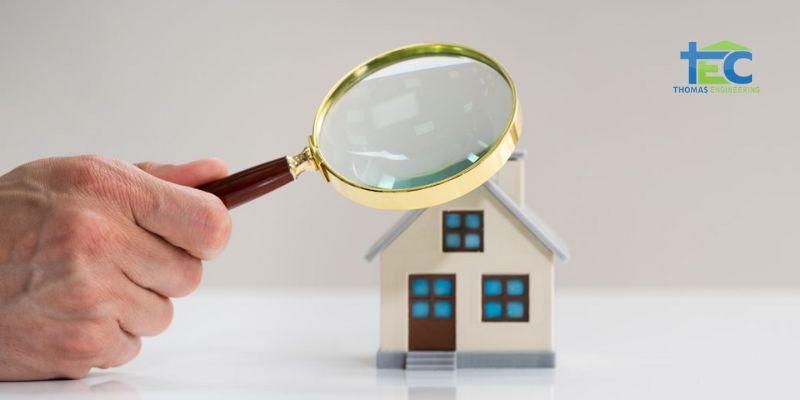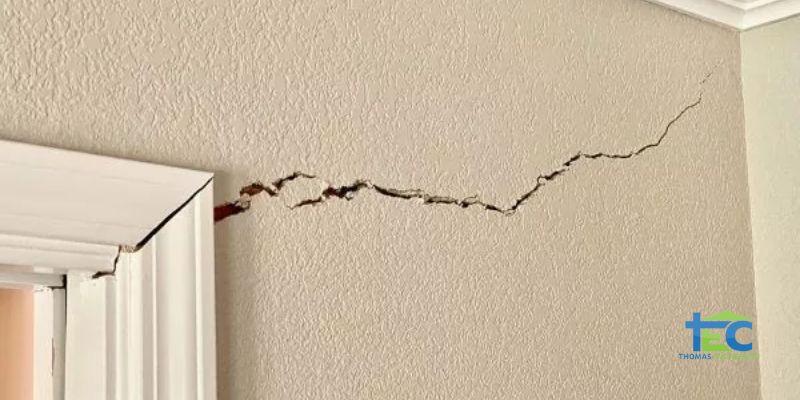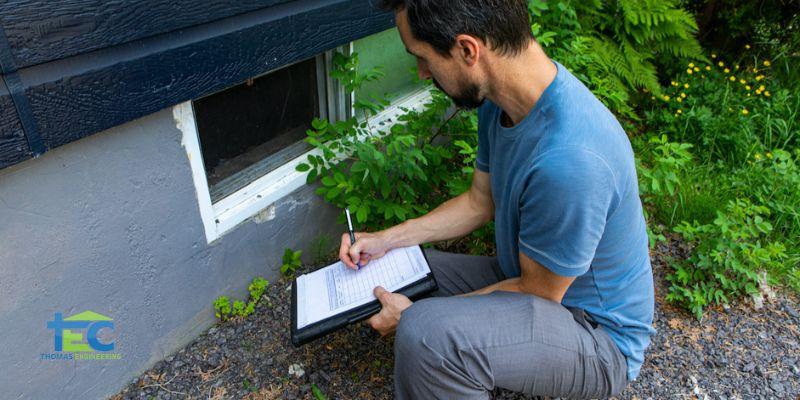
Dry soil with cracks is common in Texas.
Texas’ Shifting Soil – How to Avoid Foundation Problems
Geological conditions that prevail in each state differ according to their location. Soil, as a natural resource, has different values depending on the industry that they are being used in. In the construction industry, the stability and/or compactness of the soil, or the lack of it, accounts for many of the foundation issues that arise.
Soil Types
Environmentally, Texas can be called a “complex” state due to the wide range of variation in vegetation, climate, landscape, and geology. Texas recognizes more than 1,300 different soil types, with each type having distinct properties that determine how it can best be used.
Texas Shifting Soil
Most homeowners, realtors, and commercial property owners are aware of Texas’ shifting soil. There has been some level of controversy about the quality of Texas soil, with reference to the construction of residential and commercial structures. There are those who believe that, more than an inherent flaw in the soil quality, what makes for the number of Texas foundation failures is sub-standard construction. On the other hand, there many more who maintain that foundation failures are definitely attributable to the soil shifts.
Take Decisive Action
Most experts agree that at the first sign of foundation problems you should contact a professional inspector and have your foundation assessed immediately.
Additionally, it’s also practical to consult foundation specialists who have wide-ranging knowledge and expertise in home foundation repair. These specialists know engineered solutions like the use of cellular concrete, helical piers, and wall anchors, as applicable to your situation, depending on what type of foundation you have (slab or pier and beam), and what part of Texas you are living in.
Moreover, foundation specialists are always in touch with the latest technology to help homeowners, realtors, and commercial property owners avoid home foundation problems.
Best Practices for dealing with Texas Shifting Soil
Here are a couple of best practices to help you avoid home foundation problems:
- Before purchasing land, consult professionals who will be able to give you an honest assessment of whether or not you can expect to face foundation problems in the future because of the soil.
- If you have already bought the land, or a structure along with the land, hire the services of foundation specialists or professionals, such as foundation engineers, who can assess your land, foundation and structure, and assess whether or not repairs may be needed. If so, they can also give you the extent of repairs needed, and how much it would cost.
Taking a proactive approach by having your land or property evaluated by an expert foundation engineer now will save you money later. The longevity and integrity of your foundation determines, in a large way, the longevity and integrity of your home or commercial building.






